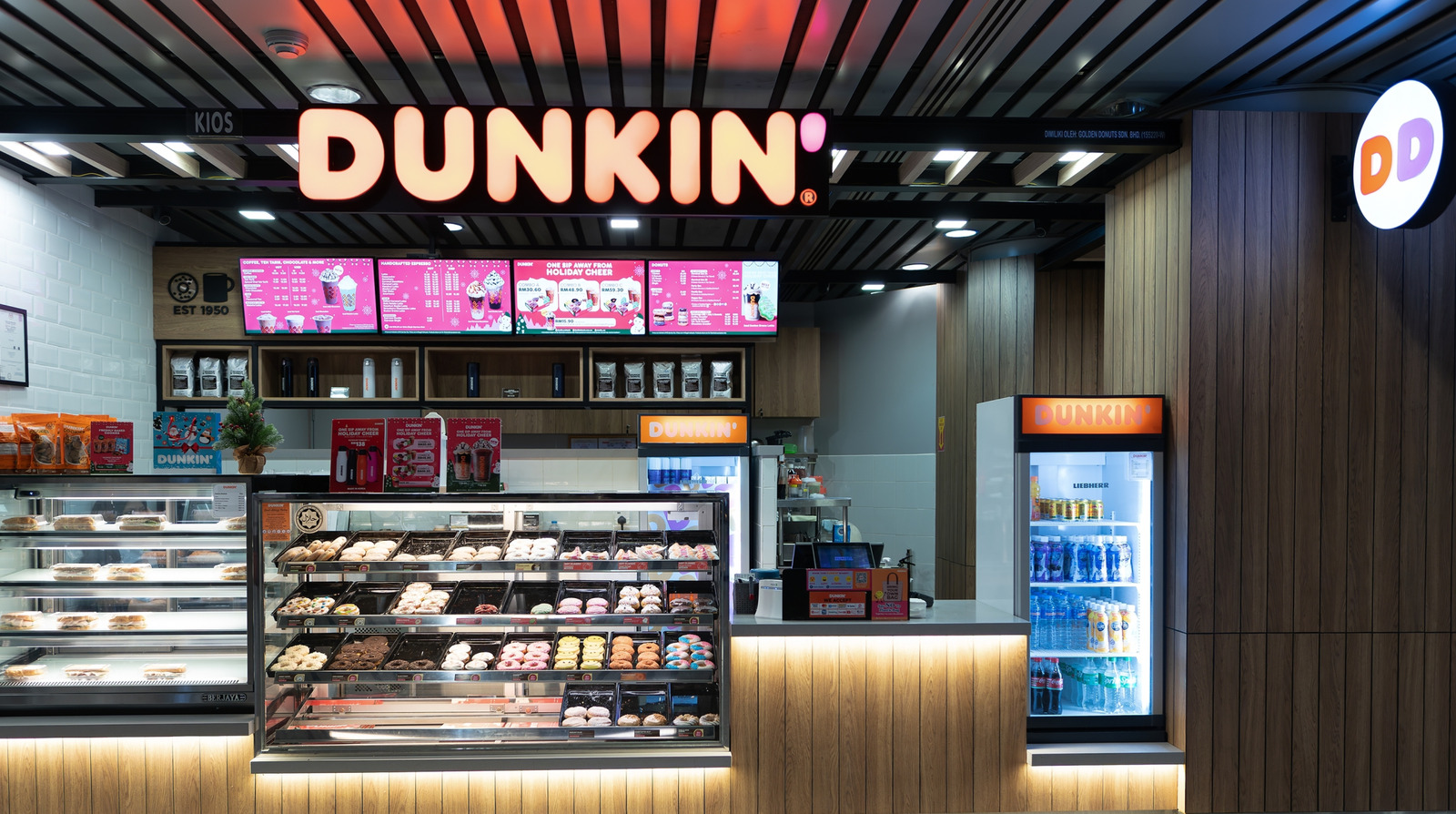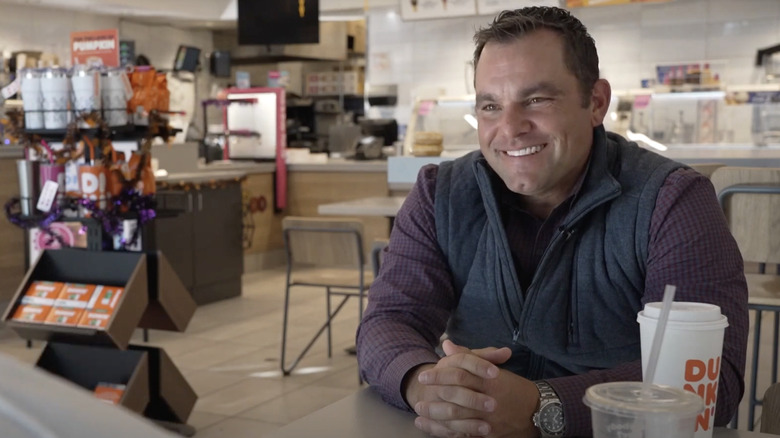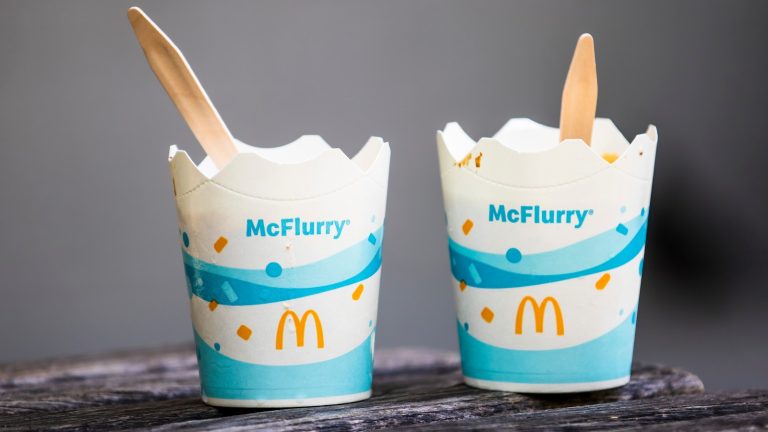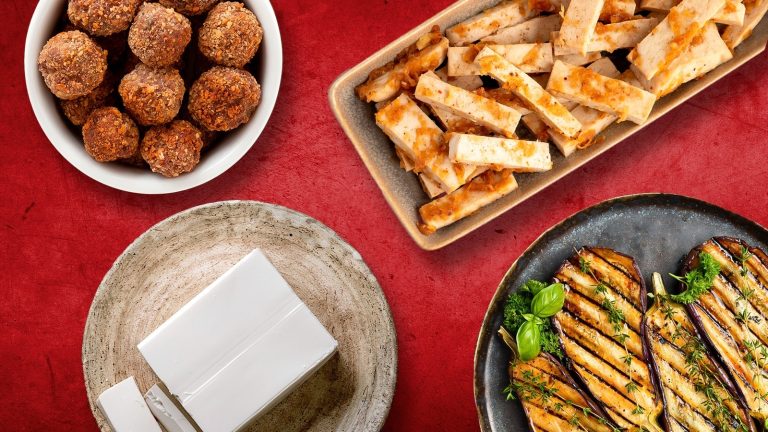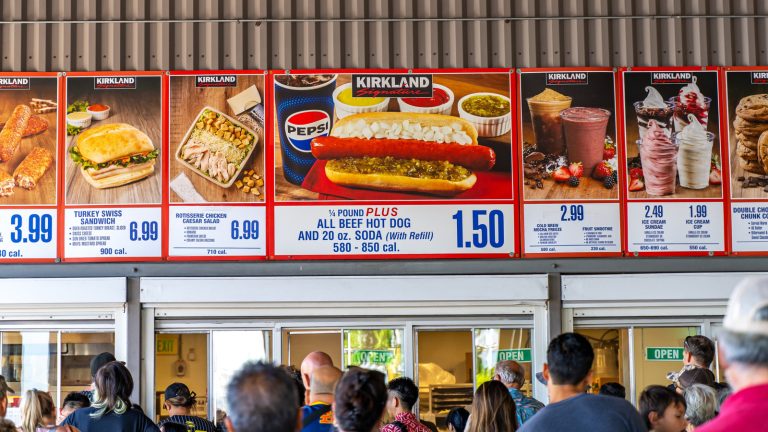Dunkin’ is considered an American institution. The multinational, Massachusetts-based coffee and donut shop beloved by many has featured celebrities like Ben Affleck, Jennifer Lopez, Martha Stewart, and Sabrina Carpenter in its ads over the years. Founded in 1950, Dunkin’ (originally Dunkin’ Donuts) now has opened a whopping 14,000 locations across the globe, with approximately 9,608 in the United States. If you didn’t know, though, there are some states without Dunkin’. An iconic franchise, more than a dozen U.S. stores are owned and operated by former NFL player Kris Brown.
Brown, who served as a placekicker for over a decade in the NFL, now heads a Midwest Dunkin’ Donuts franchise. Chains and franchise restaurants are different in that the latter have locations that are run by individual franchisees. While it may seem random for the former Dallas Cowboys footballer to own a bunch of Dunkin’ stores, it’s actually not at all uncommon for retired professional athletes to become owners of fast food franchises. Super Bowl champs Richard Sherman and Sidney Rice both own multiple Wingstop locations in the Seattle area. Meanwhile, former linebacker Angelo Crowell owns over 15 Jersey Mike’s Subs stores. For Brown, the decision to get into the franchising game with Dunkin’ was actually personal.
How Kris Brown became a Dunkin’ franchisee
Kris Brown, who was drafted by the Pittsburgh Steelers in 1999 and went on to play for the San Diego Chargers and Houston Texans, left the NFL and the Dallas Cowboys in 2011. Since his retirement, he acquired the Berliner Group, which owns more than 14 Dunkin’ locations as of 2021. Brown has stores in Kansas City, Missouri, Omaha, Nebraska, and Council Bluffs, Iowa. Brown may own more locations now, though, as Franchising.com reported in 2017 that he was set to open 17 more stores. He also holds the territory rights to those markets, meaning other franchisees can’t open Dunkin’ stores in his area.
In a 2021 interview on YouTube, he shared that he decided on Dunkin’ in part because of nostalgia for how Dunkin’ makes its famous donuts and his favorite childhood snack. “I could literally close my eyes and taste a maple frosted donut, and I was immediately eight years old again. So, I thought any brand that can elicit that emotional of a response was probably a brand you wanted to align yourself with.”
The former placekicker also told Franchising.com that the career pivot felt like an organic move for him. “Working on sports teams and running a franchise are similar,” he said. “You are bringing a group of people together, setting a vision, and setting goals.” He explained that life as a pro athlete is very structured, and coming from that experience can make it easy to follow the business instructions provided by the franchisor. “It’s already given to you, and that’s a fit with a lot of professional athletes.”


